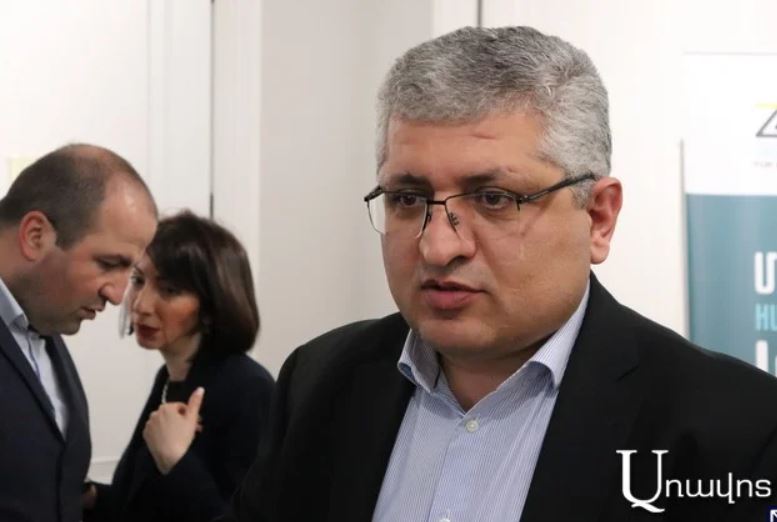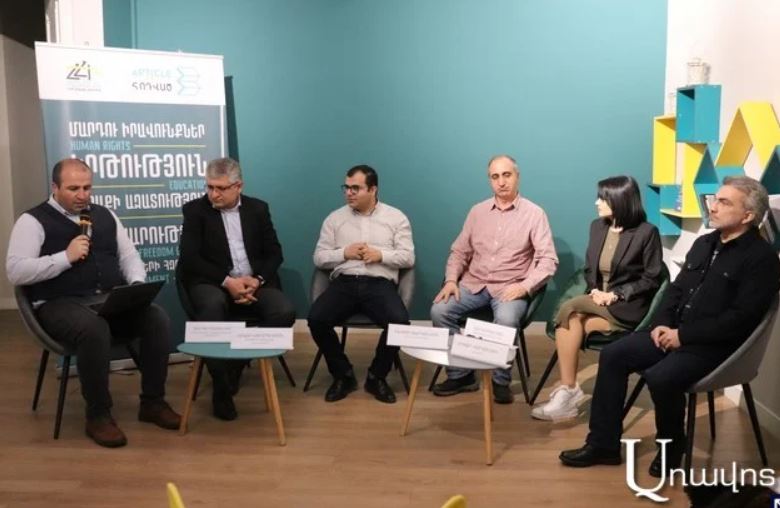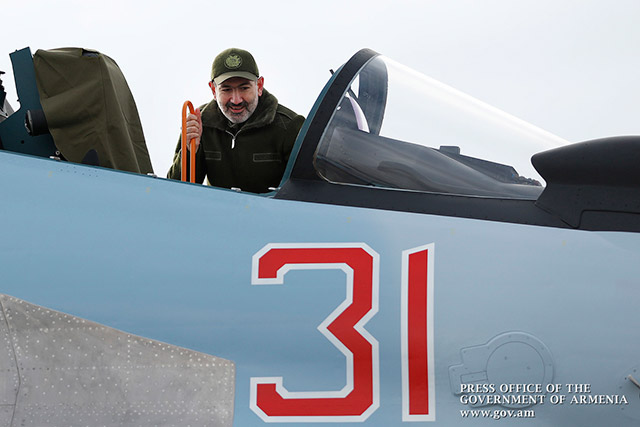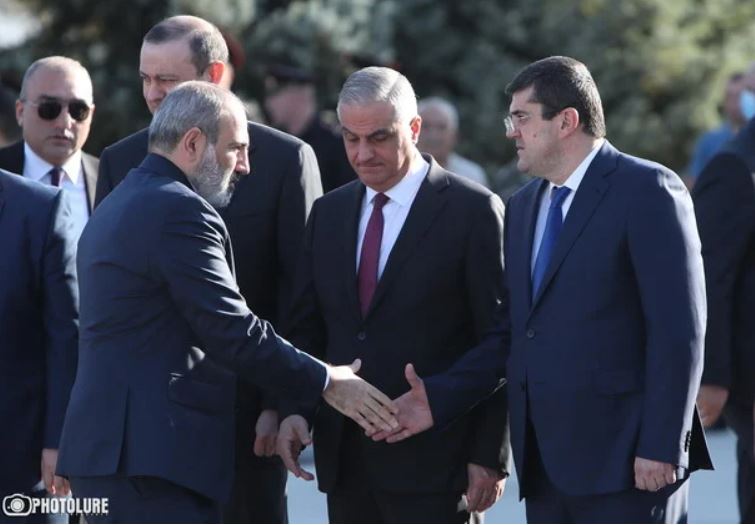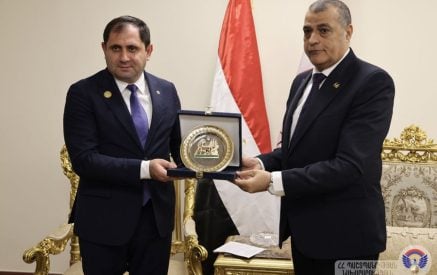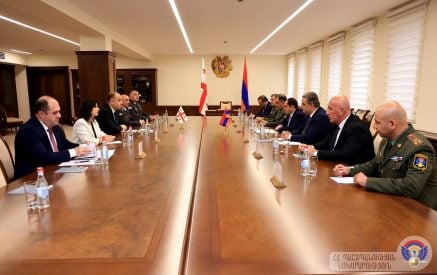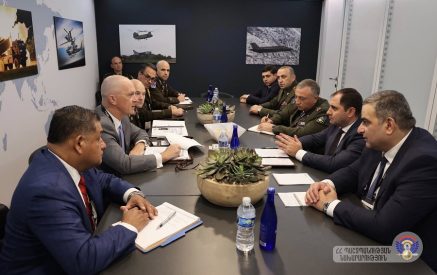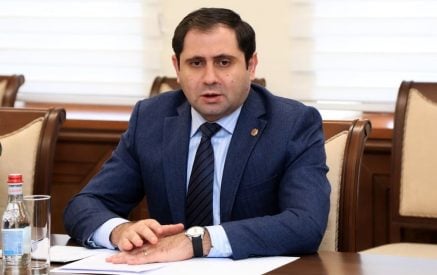On April 1, the Article 3 club organized a discussion on “Information War: Targets and goals of spreading false news in crisis situations.” To the question about how during the war, we felt that there was a problem of strategic communication, about 10 sources gave official information, repeating each other, saying something more or less, and now we are in a period of crisis, how will you react correctly, is there a strategy about when we should start an information campaign, for example, close Facebook, etc.
Serob Bejanyan, head of the Foreign Ministry Media and Public Diplomacy Department (in the photo), answered that in the first two days they might receive information from different bodies, but then the joint headquarters were the source of information. “Our response to the war may not have been adequate, but something was being done. The work against us was much stronger.
In the ‘90s it was done through print media and literature. In the 2000s, they started to do it through technology, hiring serious PR partners. Armenia has tried to counteract it, and it has succeeded somewhere, but it was an unequal struggle for resources. Constantly, even the information war was combined with the economic component, political dividends were obtained from the economic component. There are discussions in Armenia at the governmental level, there is work, and it is done at the level of the Security Council.”
Read also
Referring to the misinformation about SUs and the BBC publication, Bejanyan said that there are perceptions about Armenia and naturally proceed from the logical chain. “You are a partner with Russia. If you are a partner, then you need to help. If you have planes, then you have to give them, it does not matter if those planes are stopped, damaged, do not work, or are few. Russia will never need it. Our planes can be produced in a few minutes. In my personal opinion, these are the tools to open fronts, starting with the information preparation that Armenia is interfering with. These are attempts to involve Armenia in any way.”
Political scientist Edgar Vardanyan said that misinformation cannot be spread if there is no fertile ground for it. In this case, the world perceives that Armenia is Russia’s partner and can help, so the Armenian field must work properly and bring justifications. “There must be a clear separation between the Russian base and Armenia. It should be presented so that you know, there is a Russian base in Armenia and certain actions can be carried out inside the base, in which we have no participation and are not informed. It is necessary to present what agreement it has with the Russian base, what points there are. Do we have the tools to exercise control, to look at the contract and say that you are violating this point, you should not do such a thing?”
Hripsime JEBEJYAN



















































